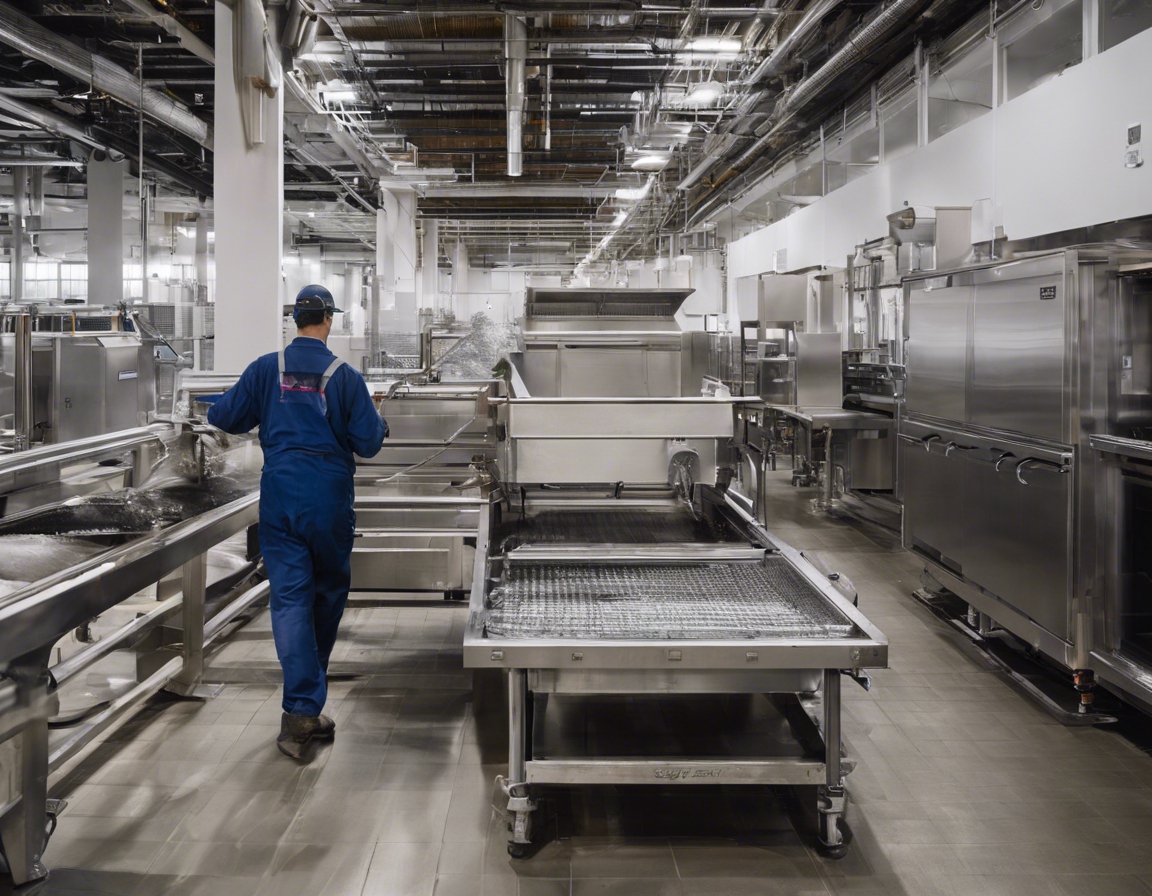Building a responsible brand in the catering industry
Brand responsibility in the catering industry encompasses a company's commitment to ethical practices, quality service, and positive social and environmental impact. It's about ensuring that every aspect of the business, from sourcing ingredients to employee relations, aligns with a set of core values that resonate with clients and the wider community.
In today's market, consumers and business partners alike are increasingly drawn to brands that demonstrate responsibility. A responsible brand not only stands out for its ethical practices but also builds long-term loyalty and trust, which are invaluable assets in the competitive catering landscape.
Key Pillars of a Responsible Catering Brand
Quality and safety are non-negotiable in the food industry. A responsible catering brand must adhere to the highest standards of food safety and hygiene, ensuring that every product and service delivered is of the utmost quality.
Responsible brands prioritize sustainable sourcing, choosing suppliers that adhere to environmental and ethical standards. This includes reducing waste, conserving resources, and minimizing the carbon footprint of operations.
Valuing employees and implementing fair labor practices are essential for a responsible brand. This means providing a safe and healthy work environment, fair wages, and opportunities for growth and development.
A responsible brand actively engages with its community, contributing positively through charitable initiatives, partnerships, and local involvement. This enhances the brand's reputation and fosters a sense of goodwill.
Strategies for Building a Responsible Brand
Creating a clear brand mission and set of values is the foundation of a responsible brand. These principles guide decision-making and help communicate the brand's commitment to responsibility.
Adopting ethical business practices, such as fair trade and anti-corruption measures, is crucial for building a responsible brand. This also involves regular audits and assessments to ensure compliance with ethical standards.
Transparency in operations and open communication with stakeholders, including customers, employees, and suppliers, reinforces a brand's commitment to responsibility and builds trust.
Certifications from recognized authorities and partnerships with reputable organizations can validate a brand's responsible practices and enhance its credibility in the market.
Marketing Your Responsible Brand
Effective storytelling and content marketing can showcase a brand's responsible initiatives, connecting with audiences on an emotional level and differentiating the brand in the marketplace.
Engaging customers in conversations about social responsibility can strengthen relationships and encourage loyalty. This includes feedback mechanisms and customer involvement in responsible initiatives.
Measuring the impact of responsible practices and reporting on progress helps a brand to stay accountable and provides tangible proof of its commitment to stakeholders.






Comments (0)